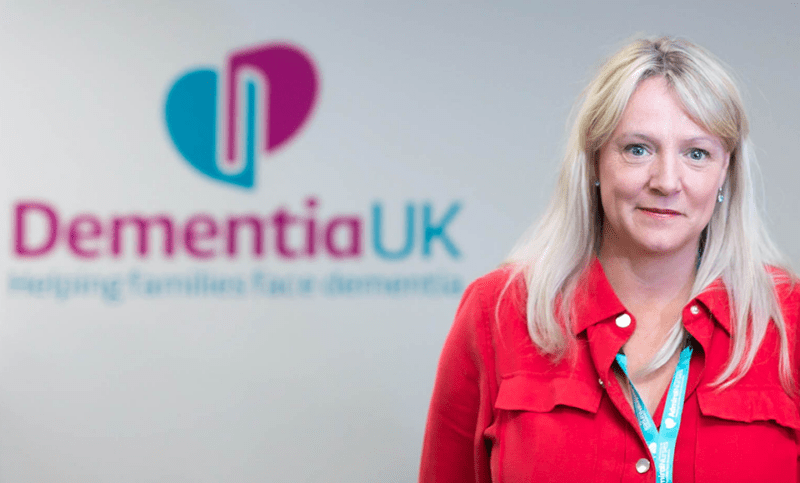
A day in the life of Admiral Nurse Ruby Guild
Ruby talks us through her working day supporting families affected by dementia in local communities.
Admiral Nurses share their advice for people living with dementia on the cost of living crisis.
The rises in energy bills in April and October mean that many families affected by dementia are increasingly worried about finances and how they will manage to pay their bills this winter. The general increase in the cost of living has compounded these worries. We understand that this is a challenging time for families affected by dementia, who are already in a financially vulnerable position. Worries around household finances can be exacerbated if the person with dementia has to leave their job – or if a family member has to reduce their hours or stop work because of their caring responsibilities.
Families may also face processing delays and inconsistencies in decision-making when applying for financial support for day-to-day living, such as Attendance Allowance, Personal Independent Payments and Carer’s Allowance.
Many families are struggling to meet the additional costs of caring for a person with dementia. Specific needs – such as being housebound, altered sleep patterns, incontinence and vulnerability to feeling the cold – mean families often have to increase energy consumption in order to maintain the health, safety and wellbeing of their loved ones.
As the colder months are upon us, we have seen a surge in calls to the Helpline from families who are worried about how they will manage to keep their family member warm, nourished and safe this winter.
As a result, we have compiled some advice to assist families at this time.
This may help reduce some of the stress around navigating the cost-of-living crisis. Setting up direct debits with your bank for your regular outgoings is a good start and can lead to more predictable bills.
If you have lasting power of attorney (LPA) for property and financial affairs for someone with dementia and they are struggling with energy bills, we suggest you contact the provider on their behalf. Supplying proof of LPA can allow you to manage the person’s energy account.
If your local bank has closed and you are unable to travel to a branch, ask your local Post Office if you can do your banking there, including paying in money and arranging direct debits. Many Post Offices now have this facility. You could also look at telephone or online banking options.
Many utility providers have Customer Vulnerability Teams who can register the person with dementia and their entire household as requiring support to navigate any future changes. They can also talk through any options available to support you. To find out more, please see ofgem.gov.uk/get-help-your-supplier-priority-services-register.
Preparing for the call:
We know that families affected by dementia often face significant mental health issues like anxiety and depression. Worries about managing the cost-of-living crisis can increase the strain.
Our Admiral Nurse Dementia Helpline can offer support with mental health issues and suggest coping strategies. The Helpline can also provide an overview of dementia-specific support groups or local agencies in your area, such as the Citizens Advice Bureau
Money expert Martin Lewis has produced a guide to what to do if you’re struggling to pay your energy bills.
For general support around managing finances and what to do if you are having difficulty making payments, please see:
If you need advice or support with any aspect of dementia, please contact our Helpline on 0800 888 6678 or email helpline@dementiauk.org

Ruby talks us through her working day supporting families affected by dementia in local communities.

We speak to Admiral Nurse Jules, on why she chose to specialise in young onset dementia and how she supports families.

Helen McDavitt is the Head of Helpline and Clinics at Dementia UK.